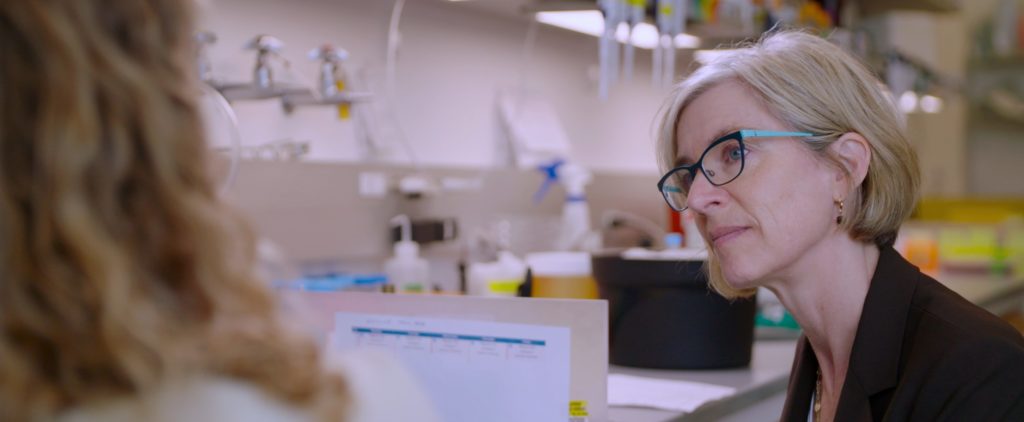The people and science behind the “CRISPR Revolution” are explored in Human Nature. Since the 1970s, scientists have been experimenting with gene therapy. However, since this is a random process, the results of such experiments could not be controlled. However, with the discovery of CRISPR, it has become increasingly possible to manipulate human DNA to treat previously incurable genetic disorders, even though it does raise questions about “playing God.”
With Human Nature, director Adam Bolt guides us through the bold new world of CRISPR, which utilizes a programmable protein to find an cut DNA. In theory this can be used to treat genetic disorders, such as sickle cells, where a person's red blood cells are misshaping, greatly reducing their life expectancy. However, while there are many benefits to CRISPR, there are also many ethical concerns, which need to be considered, before we go about manipulating human DNA.

Human Nature is a documentary that is very heavy on the science and it can be a bit difficult to grasp on the scope of what it is being discussed here. To the layman, the topic of genetic manipulation is a quite scary topic, especially when you have mavericks, such as George Church, who is using CRISPR to investigate bring back woolly mammoths. Fears of a real life Jurassic Park aside, Human Nature is still a fascinating look into the world of modern genetic manipulation.
Screenings
- Saturday, April 27, 6:00 PM – Hot Docs Ted Rogers Cinema (Big Ideas)
- Sunday, April 28, 12:30 PM – TIFF Bell Lightbox 1
- Tuesday, April 30, 12:30 PM – TIFF Bell Lightbox 1





